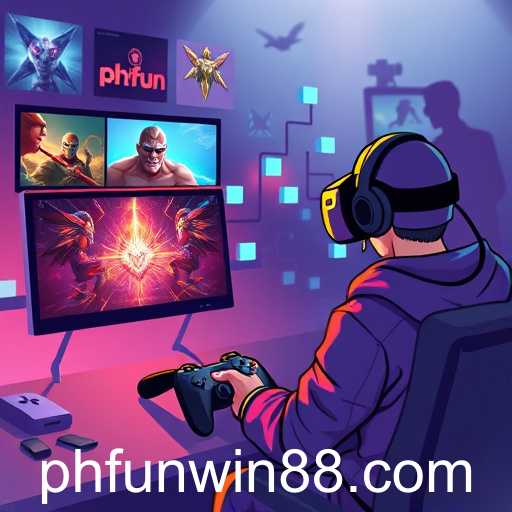In recent years, the world of online gaming has experienced exponential growth, propelled by platforms like "phfun", which offer a vibrant virtual space for gamers globally. With gamers' increasing demand for immersive experiences, platforms such as phfun have become a cornerstone for digital communities looking to expand their borders beyond physical constraints.
This surge is partly due to technological advancements and the pandemic-era lifestyle shift, encouraging more individuals to explore digital realms. The likes of phfun are not merely games but have evolved into dynamic networks where people can connect, collaborate, and compete with one another. As a result, these platforms have significantly influenced the socio-economic aspects of digital culture, promoting entrepreneurship through in-game transactions and live-streaming opportunities.
In contrast to traditional perceptions of gaming as solitary or non-productive, sites like phfun illustrate the power of collaborative environments. They serve as venues for personal expression and social involvement, offering a sense of belonging and identity to users who share common interests across borders. These platforms leverage the gamification of everyday activities, turning them into engaging challenges that foster teamwork and friendship.
As 2025 progresses, the dynamics of gaming communities continue to evolve with the introduction of new features and technologies such as virtual reality and augmented reality. With platforms like phfun taking the lead, the future promises an even more interconnected and immersive digital landscape, highlighting the growing importance of online gaming in our daily lives and the economy. Gaming is no longer just about entertainment; it's a crucial element of our society's communication and consumer habits.








